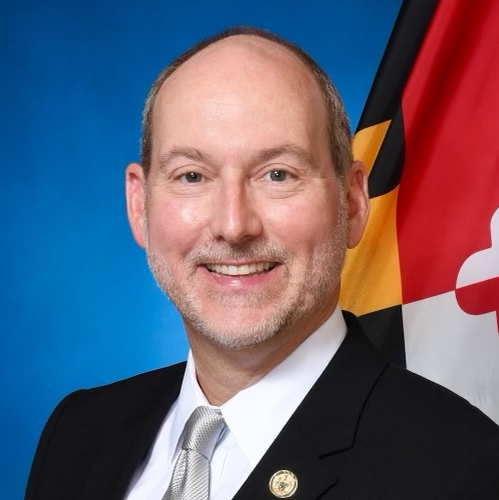Behind an eye-catching red-and-pink book cover, Annie Liontas grapples with an invisible disability.
In January, Liontas, an assistant professor of English, published “Sex with a Brain Injury,” a series of essays detailing their struggles after suffering three brain injuries in about a year. Liontas said their book seeks to inform readers about “disability justice,” a movement aiming to expand rights for those with disabilities.
Before arriving at GW in 2018, Liontas was a visiting writer at the University of California, Davis and the University of Massachusetts. They published their debut novel in 2015, “Let Me Explain You,” which explores the dynamics of a Greek-American family.
Liontas said they wrote “Sex with a Brain Injury” after experiencing three head injuries in 13 months in 2016 and 2017 from a bike accident, a car seat that fell on them at a store and a pot that fell on them while they were gardening. They said the injuries altered their perspective on how they led their life, from teaching to being in a relationship.
“It really affected my relationship to just living, to my work, to my teaching,” they said. “Inherently, it’s an invisible condition.”
They said all their injuries were nominally mild, but brain injuries can’t be meager. After struggling with injuries and going through recovery, Liontas said they began writing “Sex with a Brain Injury” in 2019, starting with the title essay and continuing to write more once it was published.
The essay covers Liontas’ struggles with sex — something they “used to be good at” — after their accidents. They wrote that the intensity of sensation involved in intimacy made their head ache.
“How do I put this?” they wrote. “Orgasms make my head explode.”
Liontas said people usually don’t think about how intimacy relates to disability and wanted to fully encapsulate areas of life for those with disabilities that are often not acknowledged. As an LGBTQ+ person, they said it felt important to “claim” this part of themselves and offer a perspective to others, especially young people, through the book’s title.
“I wanted to embody the total experience and acknowledge that all facets of life are affected by something like a brain injury,” they said. “So it felt like a way to externalize the felt experience in a way that was more honest.”
In addition to their own story, Liontas said the book delves into areas they researched like philosophy, sociopolitical issues, the gender divide and incarceration, and how brain injuries can connect to those topics. Through their research, Liontas said they learned about laws pertaining to brain injuries, including one in Colorado that requires neuropsychological screenings for those being sentenced to prison to provide them with the necessary resources for their injuries.
Liontas first published the essay version of “Sex With a Brain Injury” in Gay Mag, an online cultural criticism outlet. They said they were inspired to continue expanding the piece since many layers of the experience hadn’t been detailed in the shorter-form article. For example, they said the overlap between addiction and brain injury became a “big focus” in the book while it was absent from the initial article. They said people who suffer from addiction and those who have endured traumatic brain injuries have similar-looking brains.
“There are just these hidden truths about head injury that I felt I had to pursue and get onto the page,” they said.
Liontas said teaching was “demanding” at first, balancing health needs with instructing. They said part of the class focuses on curating an experience for the reader and concentrating on the audience, which requires authors to be vulnerable. They said they were pushed by students to be open and share their story.
“I had to really practice what I preach and take to heart, you know, getting this truer, authentic story on the page that maybe, in some ways would have been easier not to write,” they said.
They also said though they sometimes can’t think of a particular word when lecturing due to their brain injuries, students will jump in to help. Liontas said they are appreciative to have a supportive department and students who provide understanding, and that despite the difficult recovery process, the experience has expanded their sense of compassion.
“It’s made me a better teacher and a better human and a better partner,” Liontas said.



